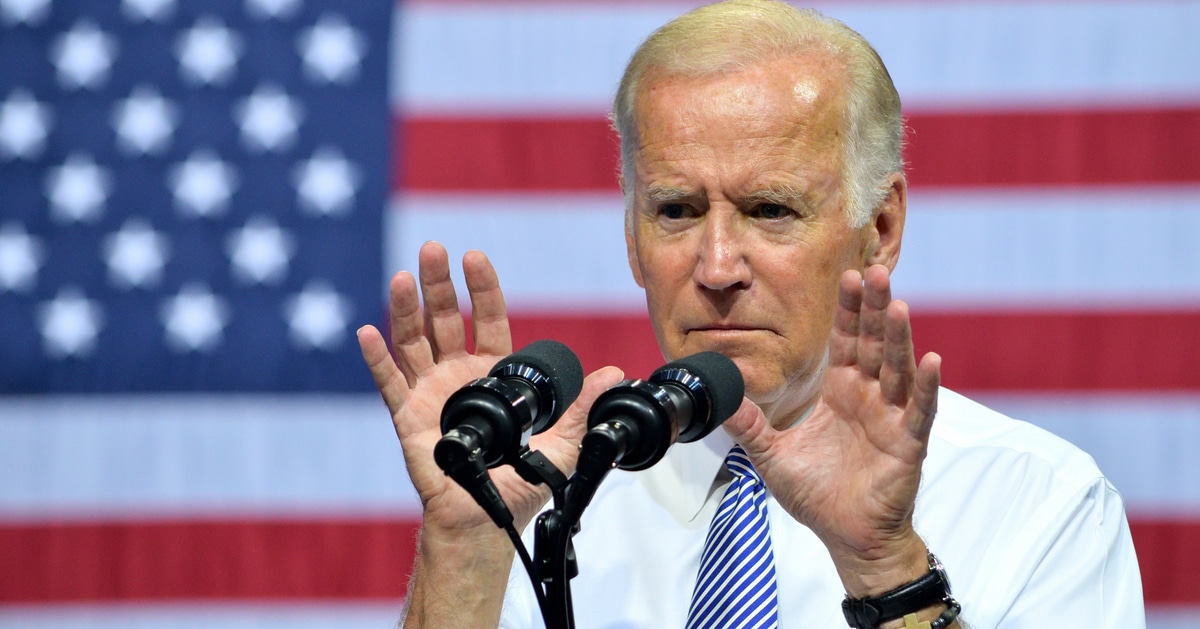

A federal judge is poised to dismiss Rudy Giuliani's bankruptcy case following an agreement between the former mayor and his major creditors. This development marks a significant turn in Giuliani's legal and financial saga.
ABC News reported that in a recent court hearing, it was determined that dismissing the bankruptcy protection would not absolve Rudy Giuliani of his financial responsibilities.
On Wednesday, during a hybrid in-person and Zoom hearing in White Plains, New York, U.S. Bankruptcy Judge Sean Lane expressed his intention to likely dismiss Giuliani's bankruptcy filing. The case has attracted considerable attention due to Giuliani's high-profile status and the complexities involved.
Giuliani's agreement with his primary creditors, two former Georgia election workers who won a $148 million defamation judgment against him, prompted discussions on the future of his bankruptcy proceedings. Both parties agreed that dismissal was the appropriate path forward.
Giuliani's legal representative, Gary Fischoff, indicated that the dismissal would enable Giuliani to appeal the defamation ruling, suggesting a strategic shift in Giuliani's legal approach.
The ex-Georgia election workers' attorney criticized Giuliani's use of bankruptcy filing as a tactic to delay resolving his financial liabilities. This criticism underscores the contentious nature of the bankruptcy process in this case.
Judge Lane remarked on the history of the proceedings, hinting at his skepticism regarding Giuliani's motives for bankruptcy protection.
"I’m leaning toward dismissal, frankly, because I’m concerned that the past is prologue," stated Judge Lane during the hearing.
Further complicating matters, Giuliani's proposal to convert the bankruptcy case into a liquidation was outright dismissed by Judge Lane, closing another potential avenue for Giuliani to manage his debts.
The notion of appointing a trustee to oversee Giuliani's assets was favored by his other creditors, represented by lawyer Philip Dublin. They preferred a continuation of the bankruptcy proceedings under structured oversight, contrasting with the position of Giuliani and the primary creditors.
Giuliani filed for Chapter 11 bankruptcy in December, shortly after the defamation verdict was delivered. This move was seen as a reaction to the mounting financial pressures stemming from his legal challenges.
The legal landscape for Giuliani is fraught with challenges, including ongoing criminal charges in multiple states related to his actions during the 2020 election, and his disbarment in New York.
When Giuliani filed for bankruptcy, he listed liabilities nearly 153 times greater than his declared assets, which were valued between $1 million to $10 million.
This disparity highlights the dire state of his financial affairs.
Details from Giuliani's financial disclosures in court revealed that he possessed about $94,000 in cash and his company held $237,000 in the bank by the end of May. Despite these assets, Giuliani's financial obligations far exceed his liquid resources.
Giuliani's primary sources of income have been identified as a retirement account, and his monthly expenditures include basic personal costs such as housing and food.
Rachel Strickland, attorney for the former Georgia election workers, Ruby Freeman and Wandrea “Shaye” Moss, voiced concerns about Giuliani's financial maneuvers. "The question here is always going to be the cat-and-mouse game of what dollar can be funneled outside of the estate,” she remarked during the proceedings.
Giuliani himself has responded to allegations of defamatory actions during the hearing, describing the claims as "highly defamatory." His participation in the hearing underlines the intense scrutiny the case has generated.
With Judge Lane scheduled to issue his final decision by week's end, potentially during a 1 p.m. hearing on Friday, all parties are bracing for a pivotal resolution that could shape Giuliani's financial and legal battles for the foreseeable future.
In conclusion, the dismissal of Giuliani's bankruptcy case represents a turning point that allows his creditors to pursue repayment through other legal channels. The ongoing legal and financial ordeals highlight the complex interplay of law, finance, and public persona in high-stakes bankruptcy cases.



